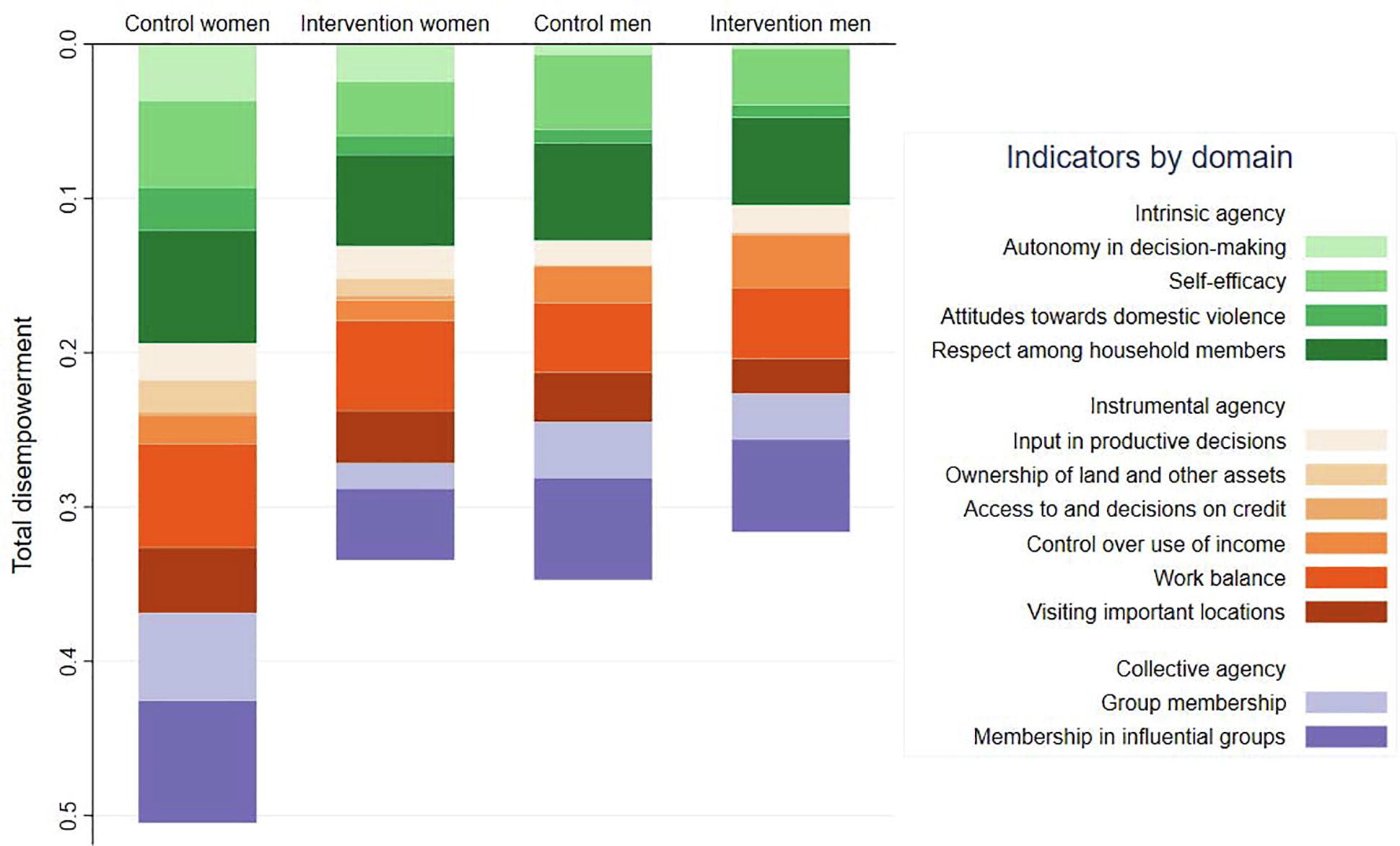This article ties to SDG 3. This article investigated whether wartime stress exposures occurring during adolescence and early adulthood affect weathering in late adulthood via linear regression with data from the Vietnamese Health and Aging Study (VHAS).
This article ties to SDG 3 & 4. The present study adapted and assessed the efficacy of a brief psychological group intervention, the STAR program: Strengths, Transitions, Adjustments and Resilience for university students who are Internally Displaced Persons (IDPs).The present study adapted and assessed the efficacy of a brief psychological group intervention, the STAR program: Strengths, Transitions, Adjustments and Resilience for university students who are Internally Displaced Persons (IDPs).
It is important to learn how to manage Asian male elephant reproductive behaviour for the long-term sustainability of the species. The authors provide important information that can be directly applied to improving the well-being of elephants and other wildlife.
Negative attitudes toward mental illness and treatment are attributed to a lack of or inaccurate mental health knowledge. We aimed to assess the current mental health knowledge and awareness among Bangladeshi university students and identified socio-demographic factors that affect them. Between February and April of 2021, a cross-sectional study of 2036 university students in Bangladesh was conducted. Two different questionnaires (i.e., knowledge and awareness) were developed to assess mental health knowledge and awareness.
This Viewpoint supports SDG 3 by outlining the progress of the Sehat Sahulat program (SSP), a social protection program and health insurance scheme, in Pakistan and the opportunities for improvement in the future, with a focus on whether the benefit package can better set the foundation towards universal health coverage in Pakistan.
Increasing agricultural water scarcity is threatening food security and ecosystem sustainability in China. Previous studies showed a deceleration in the growth of irrigation water use in China due to reducing water use intensities of irrigation. However, a finer-scale analysis at the prefecture level is urgently needed to account for the impacts of land management policies and the impact of international food trade in water stress mitigation.
People with any disabilities accounted for a quarter of total deaths. People with disabilities had higher average ages and poor economic conditions. All disability types presented higher mortality rates and lower life expectancy. The major causes of death differed according to the type of disability.
This Study supports SDG 5 and 3 by examining the role of improved women's agency on the pathway from the intervention to nutritional impacts.
Increasing road traffic in China means roadkill is a large and growing problem there. This paper analyses patterns in order to support mitigation measures.
This study reveals that climate change reduces the variety of wetland ecosystem services and increases socio-economic vulnerability and economic stress.

